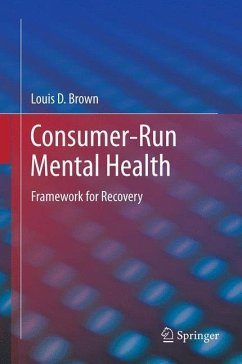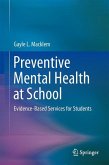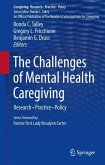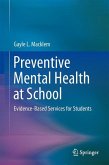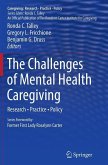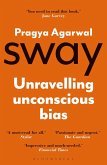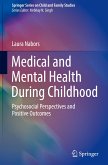Consumer-run organizations and other types of mental health self-help are becoming increasingly popular in the public mental health system. These initiatives now outnumber traditional mental health organizations in the US (Goldstrom et al., 2006). This growth is due in large part to their low cost, devoted supporters, burgeoning evidence base, and increased acceptance by mental health professionals. International interest in these initiatives is also growing as self-help is flourishing in industrialized countries worldwide. I recently edited a special issue on mental health self-help for the American Journal of Community Psychology and we received submissions from five continents, with exciting work coming out of China, Australia, and Europe.The proposed book develops a rich theoretical model called the Role Framework, which explains how people engage in and benefit from mental health consumer-run organizations (CROs).
From the reviews: "The aim of this book is to provide an introduction to CROs in mental health, review the scholarly evidence for their benefit and cost-effectiveness, and provide an insider's perspective on mental health and the process of recovery within these organizations by those who are consumers and members of them. The author identifies a wide audience, ranging from researchers of consumer-run organizations to students of psychiatry to mental health consumers. ... book ends with suggestions for research directions and includes a self-help questionnaire in the appendix." (Christopher J. Graver, Doody's Review Service, March, 2012) "In Consumer-Run Mental Health: Framework for Recovery, Louis Brown provides a theoretical framework for consumer-run organizations (CROs) and a research model for studying consumer-driven organizations. Those who study CROs and mental health recovery will find the text to be thoughtful, well organized, and informative. Graduate students learning about psychopathology will gain a deeper and more informed understanding of mental illness and of the social impact of living with a chronic mental health condition." (Lisa Fitzgibbons, PsycCRITIQUES, Vol. 57 (43), October, 2012)

